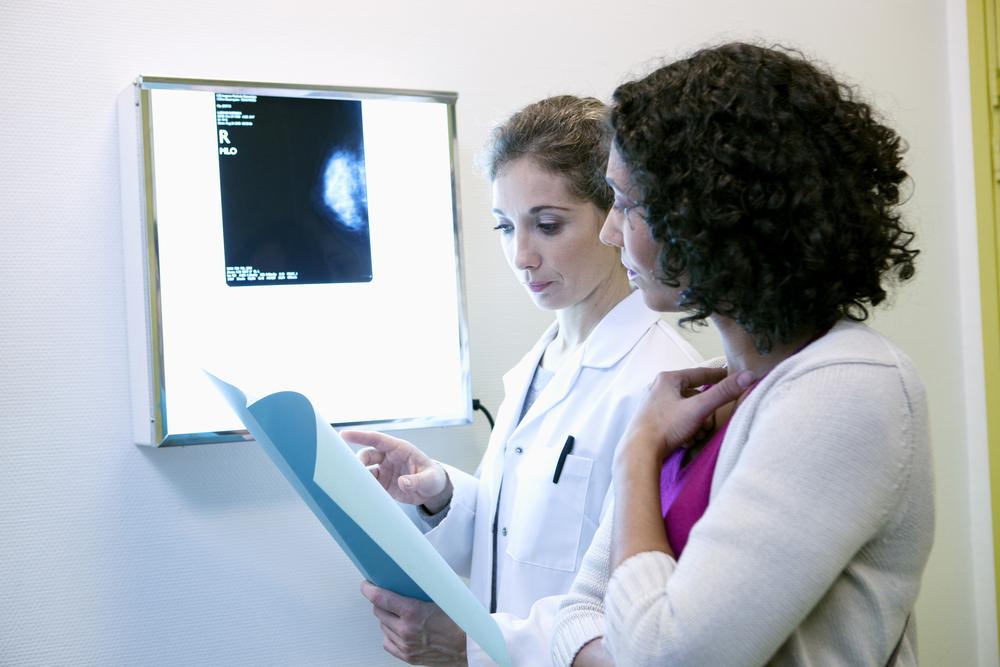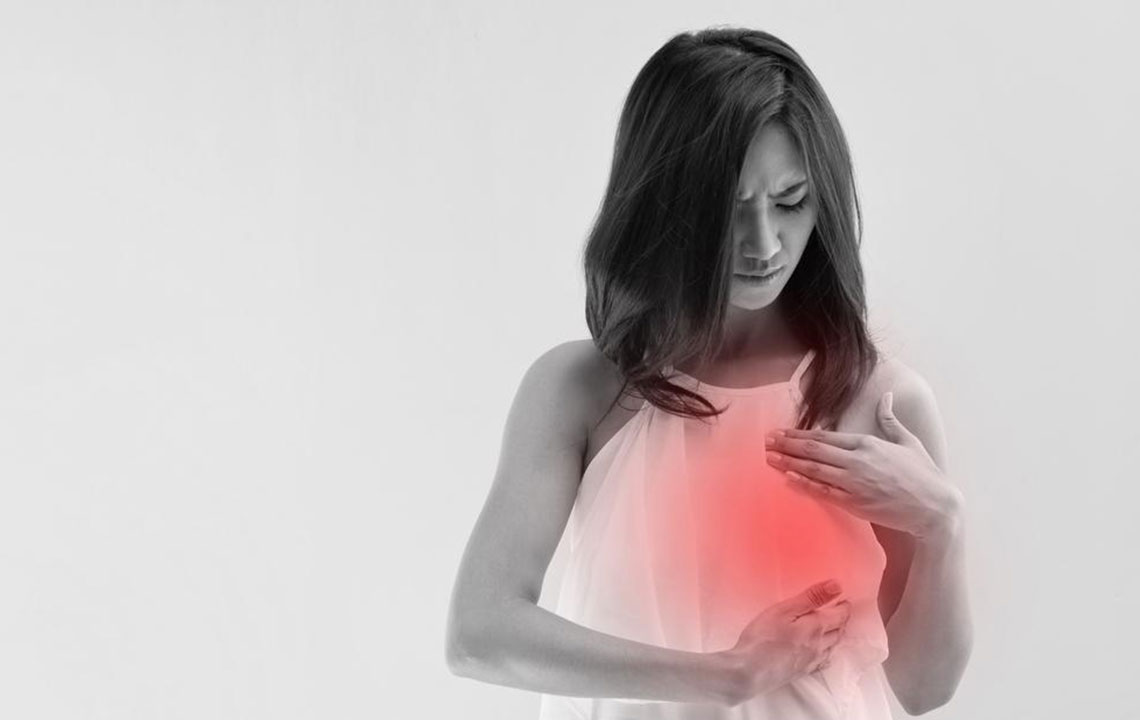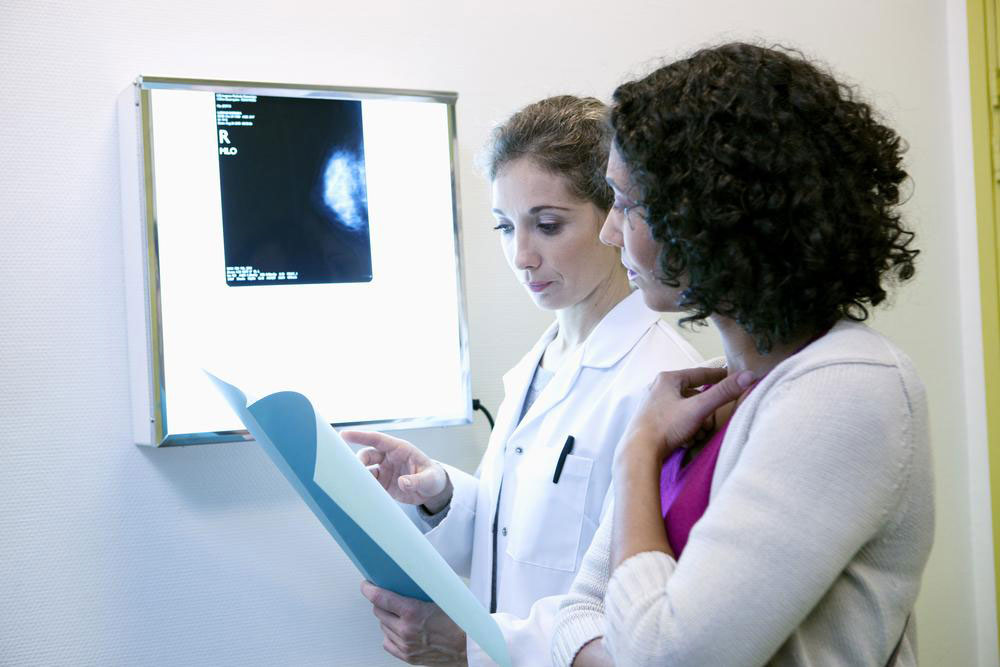Comprehensive Overview of Breast Cancer Development and Symptoms
This article provides an in-depth summary of breast cancer stages and symptoms, guiding early detection and understanding progression. Recognizing signs like lumps, skin changes, and nipple issues can prompt timely medical consultation. The staging system helps determine treatment strategies and prognosis. Always seek professional advice if unusual symptoms are observed, and stay informed about breast health for better outcomes.

Breast cancer staging is determined by three key factors: whether the cancer is invasive, if it has spread to lymph nodes, and if it has metastasized to other organs. The staging system ranges from 0 to 4, aiding in prognosis and treatment planning.
Stage 0: Non-invasive cancers like ductal carcinoma in situ (DCIS).
Stage 1a: Tumor at least 2 cm within the breast without lymph node involvement.
Stage 1b: Tiny clusters of cancer cells (0.2-2 mm) found in nearby lymph nodes.
Stage 2a: Tumors over 2 cm up to under 5 cm with or without small lymph node involvement.
Stage 2b: Tumors 2-5 cm with small nodal metastases or larger than 5 cm without lymph spread.
Stage 3a: Larger tumors over 5 cm with multiple affected lymph nodes near the breast; or no tumor in breast but 4-9 lymph nodes involved.
Stage 3b: Tumor invading the chest wall or skin, with up to 9 lymph nodes involved.
Stage 3c: Cancer has spread to 10 or more lymph nodes, including those near the collarbone.
Stage 4: The cancer metastasizes to distant organs such as the brain, liver, bones, or skin, indicating advanced disease.
Recognizing Breast Cancer Symptoms
Initial signs often include a painless lump, which may be soft, movable, or tender. However, hard, painless, and fixed lumps are more suspicious. Changes like swelling, nipple pain, skin redness, or discharge can also signal illness, though these symptoms aren't exclusive to cancer and require medical evaluation.
Early vs. Advanced Symptoms
Early: Painless lump
Late: Pain, swelling, nipple discomfort, skin redness, abnormal nipple discharge, skin thickening
Prompt medical consultation is essential for any unusual breast changes to ensure accurate diagnosis and appropriate treatment.










